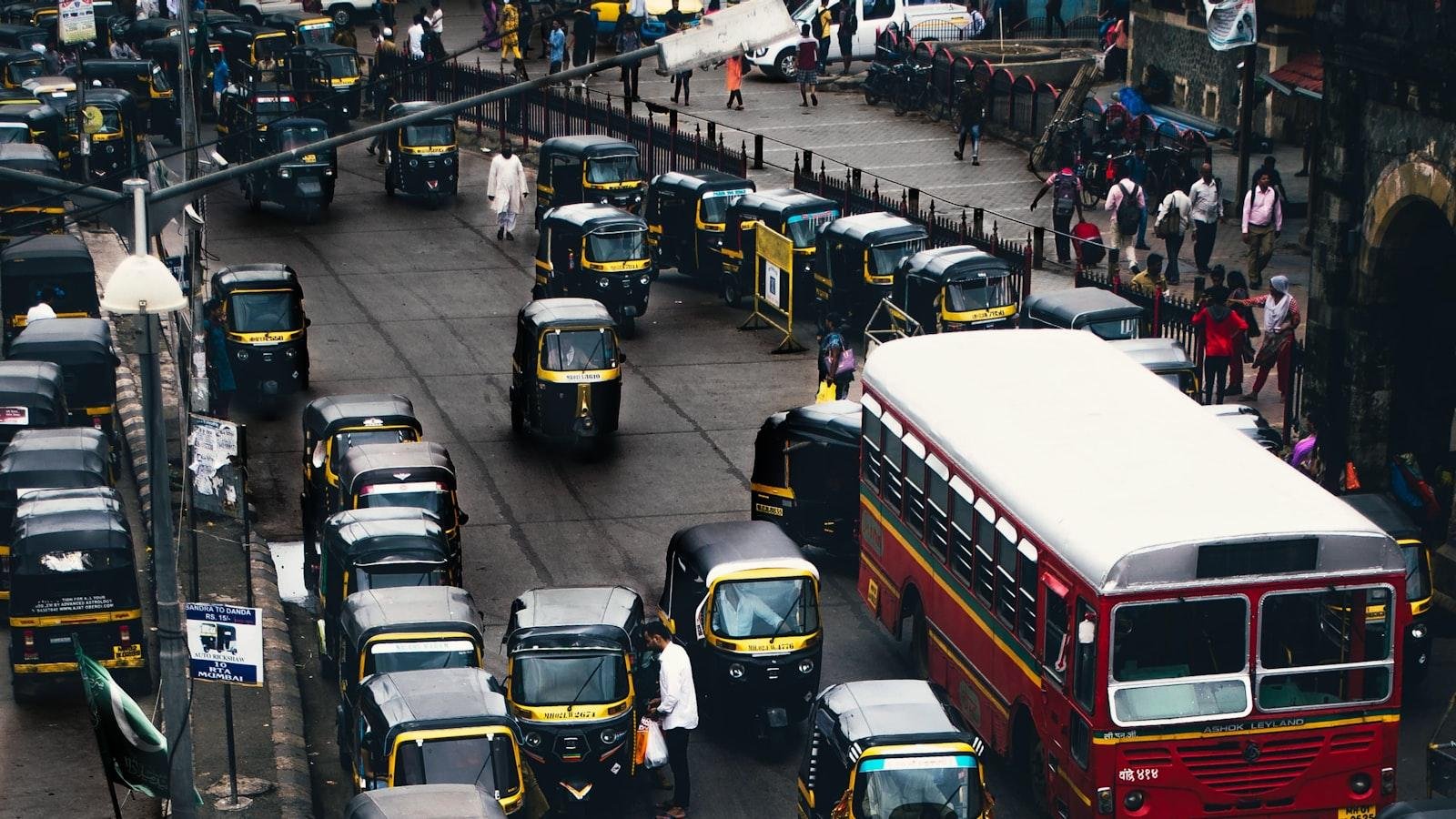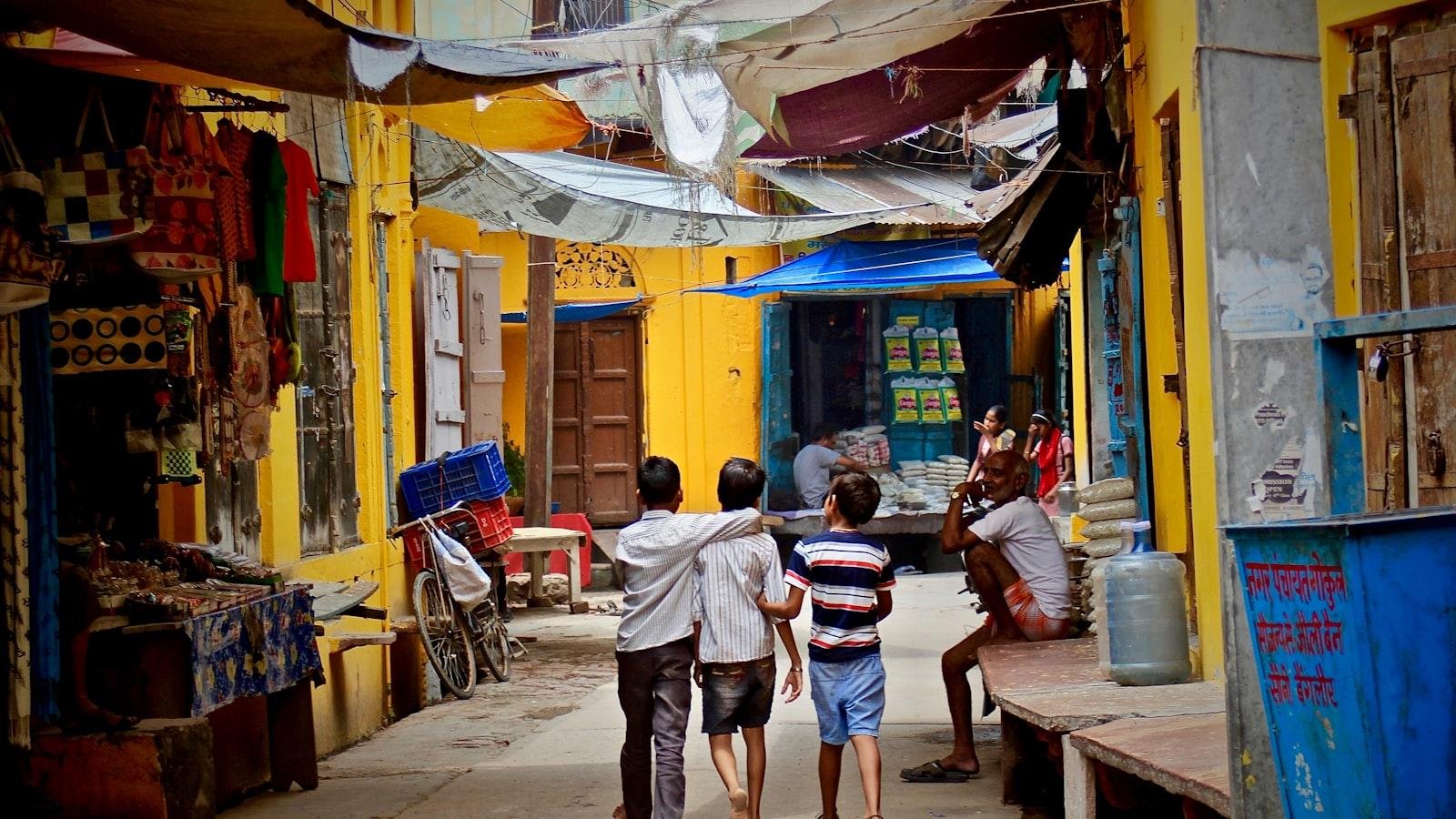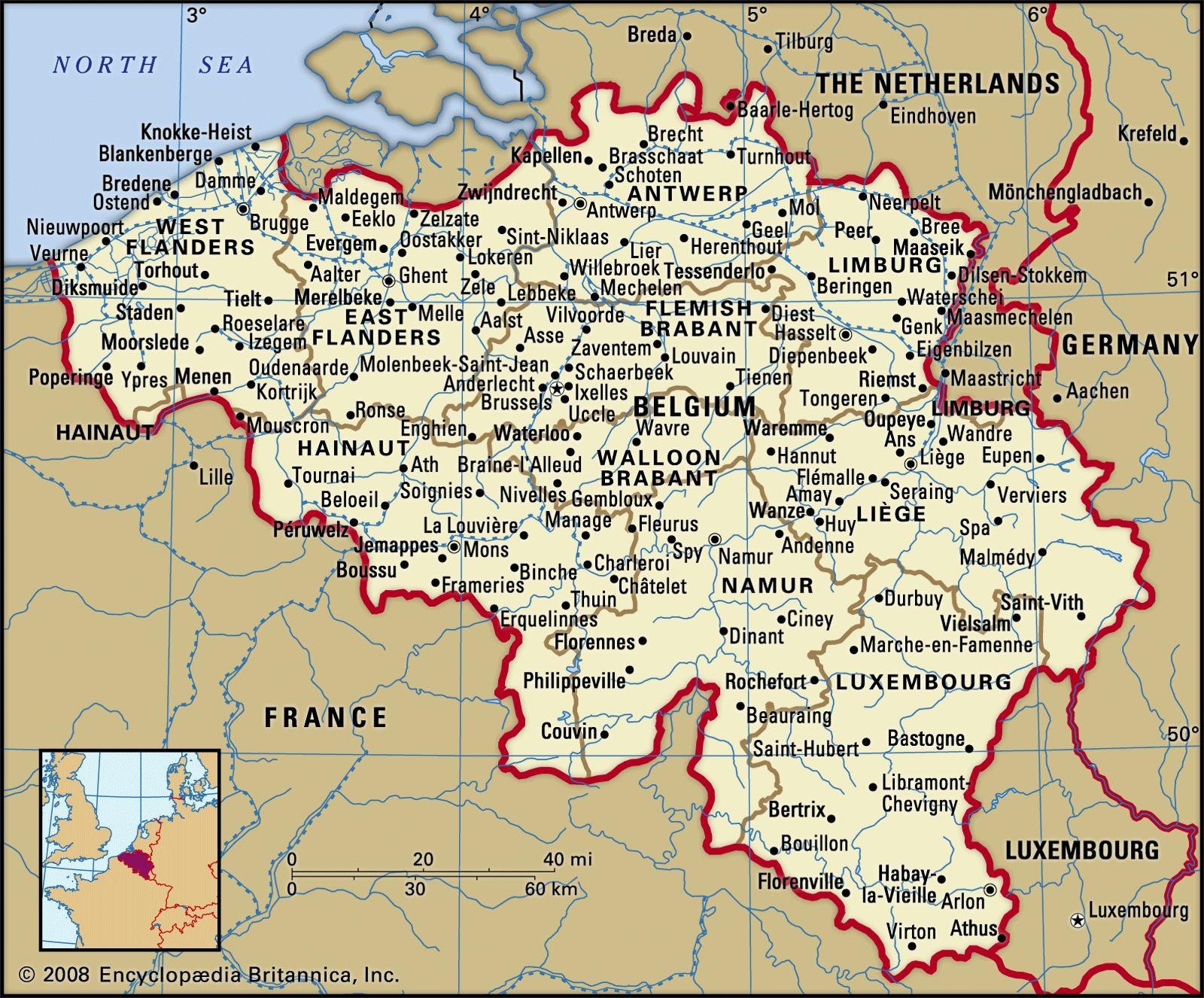Now Reading: India
- 01
India

India
India, with its rich history, diverse culture, and vibrant population, is a country that has captured the fascination of people around the world. From the majestic Himalayas in the north to the sandy beaches of the south, India offers a tapestry of landscapes and experiences. In this article, we will explore the many facets of this fascinating country, from its ancient traditions to its modern innovations, to provide a comprehensive overview of India and its importance on the global stage.
Overview of India’s Cultural Diversity
India is a nation known for its vibrant and diverse culture, with a rich tapestry of traditions, languages, religions, and customs. One of the most striking aspects of India’s cultural diversity is its myriad of languages spoken throughout the country. From Hindi and Bengali to Tamil and Urdu, India is home to an astonishing 22 officially recognized languages, each with its own unique history and significance.
In addition to its linguistic diversity, India is also renowned for its colorful festivals and celebrations. From Diwali, the festival of lights, to Holi, the festival of colors, these lively events showcase the country’s deep-rooted traditions and values. Furthermore, India’s cuisine reflects its cultural diversity, with each region offering a distinctive blend of flavors and spices. Whether it’s the spicy curries of the south or the savory chaats of the north, Indian cuisine is a true testament to the country’s rich cultural heritage.
Economic Progress and Challenges Faced
India has made significant strides in economic progress over the years, with a growing GDP and advancements in various sectors. The country has seen an increase in foreign investments, which has helped boost the economy and create job opportunities for many. In addition, India has made efforts to improve infrastructure, such as building new roads and expanding public transportation networks.
Despite these advancements, India still faces several challenges in achieving sustained economic growth. One major challenge is income inequality, with a large wealth gap between the rich and poor. Additionally, the country struggles with high unemployment rates, especially among the youth. Inflation and rising prices of essential goods also pose a challenge to economic stability in India. Addressing these challenges will be crucial for India to continue on its path of economic growth and development.
Environmental Concerns in India
India, a country with a rich cultural heritage and diverse landscapes, is currently facing a number of environmental concerns that are threatening its natural beauty and biodiversity. One of the most pressing issues is air pollution, particularly in major cities like Delhi, where smog levels often reach hazardous levels. The burning of crop residues, vehicle emissions, and industrial pollutants all contribute to this problem, leading to respiratory illnesses and decreased quality of life for residents.
Another significant environmental concern in India is water pollution. Rivers like the Ganges, which are considered sacred by many, are heavily polluted with industrial waste, sewage, and agricultural runoff. This not only affects the health of those who rely on these water sources for drinking and bathing but also harms aquatic life and ecosystems. Efforts are being made to clean up these water bodies, but more awareness and sustainable practices are needed to ensure the preservation of India’s natural resources for future generations.
Tourism Opportunities and Recommendations for Exploring India’s Rich Heritage
India is a country with a rich cultural heritage that dates back thousands of years. One of the best ways to explore this heritage is through its numerous historical sites and monuments. From the iconic Taj Mahal in Agra to the ancient ruins of Hampi in Karnataka, there is no shortage of awe-inspiring landmarks to visit in India.
For travelers looking to immerse themselves in India’s diverse culture, a visit to some of its bustling cities such as Delhi, Mumbai, and Jaipur is a must. Here, you can experience the vibrant street life, sample the delicious local cuisine, and shop for traditional handicrafts and textiles. Additionally, embarking on a spiritual journey to cities like Varanasi or Rishikesh can provide a deeper understanding of India’s religious traditions and practices.
The Conclusion
In conclusion, India is a diverse and culturally rich country with a long and complex history. From its bustling cities to its tranquil countryside, India offers a unique blend of ancient traditions and modern influences. With a population of over 1.3 billion people, India is one of the most populous countries in the world and continues to play a significant role on the global stage. Whether you are interested in exploring its ancient temples, sampling its delicious cuisine, or experiencing its vibrant festivals, India has something to offer to every visitor. We hope this article has provided you with a glimpse into the beauty and complexity of this incredible country.











